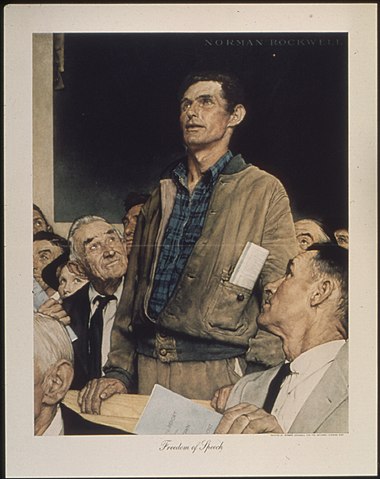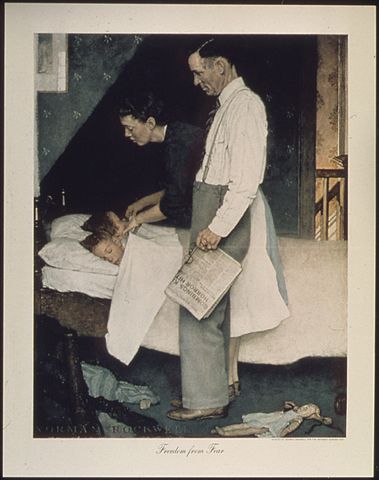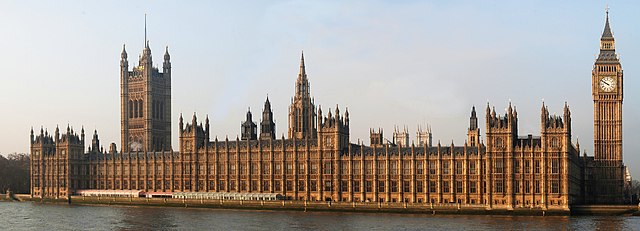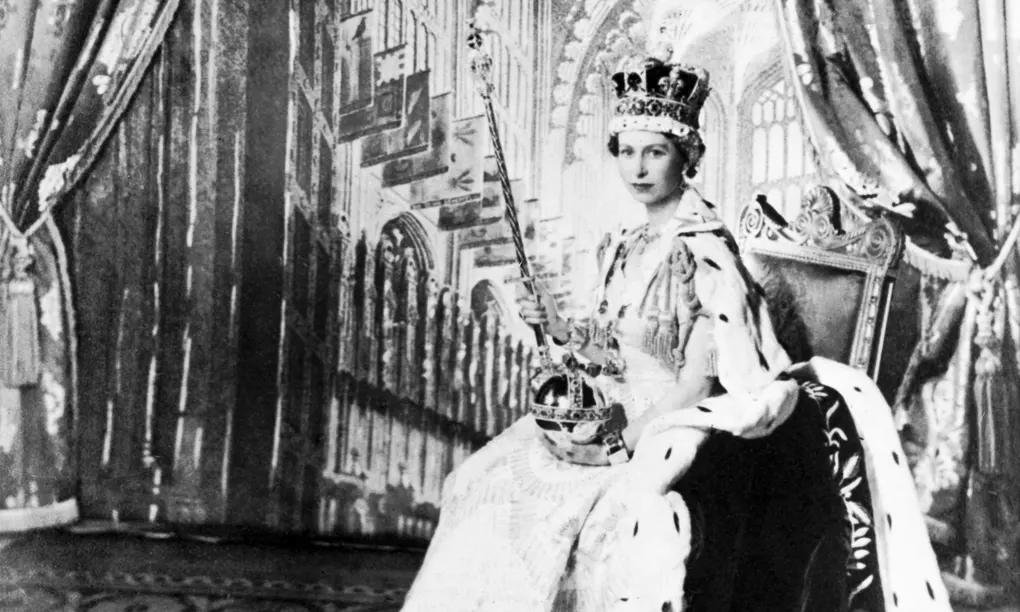As this BBC centenary year draws to a close, the Reith Lectures (inaugurated in 1948 and delivered by Bertrand Russell) remain a last highlight in an extraordinary year in broadcasting. Already recorded at different venues and before an audience, and with the first in the series airing this week on Radio 4, the lectures have in the past been (mostly always?) delivered by one person. This time, however, entitled The Four Freedoms – of Speech, of Worship, from Want and from Fear – the lectures are given by four individuals over four weeks: Chimamanda Ngozi Adichie, Rowan Williams, Darren McGarvey and Fiona Hill. The first two of these I am very well familiar with indeed – Adichie through her wonderful writing and her presence in the public forum and Williams as an Archbishop of Canterbury who may have left office but has not shied from public debate. McGarvey, is a young man who has fleetingly come to my attention in very recent times – not for the rapping (Loki) but for his generous and insightful exploration of the working class experience and poverty in Britain and Fiona Hill burst onto my radar a few years ago when she seriously came to blows with Trump and since has become an oft heard voice of expertise and clarity in respect to the global rise of autocratic and even fascist tendencies, Russian aggression and their war upon the Ukraine, and all the ensuing disruptions in foreign policy.
The contrarian side of my nature must emphatically state the obvious that the idea behind this series is far from original; steeped in 20th century American mythology, inspired as it is by Franklin D. Roosevelt’s 1941 State of the Union speech. Delivered while war was raging in Europe and tensions rising in the Pacific, the speech focused on America’s national security interests and the threats to democracy being posed from within and beyond its borders, and indeed, by years end Pearl Harbor would be attacked and the United States would be at war. However noble Roosevelt’s words, the sentiments expressed remain just that – sentiments preached from the high western perch of possibilities. And the society he was speaking to or, at least, the segment for which he was interested, was another – best represented in Norman Rockwell’s 1943 depictions below in which these “four freedoms” apparently applied only to a very white, ‘conservative’ America. I can’t help wonder just a little that the BBC were unable to find inspiration a little closer to home.




Enough diversion – the four voices to be heard this year will hopefully catapult us into the here and now! First up on Wednesday, and the one I most look forward to, is Chimamanda Ngozi Adichie speaking on Freedom of Speech. In The Guardian today there is a sort of interview and a bit of a taster; also reminding me of her first appearance on the “world stage” so to speak in a TED Talk way back in 2009 (!) – 18 minutes … and 32 million odd views I now see! – that I revisit gladly below.





